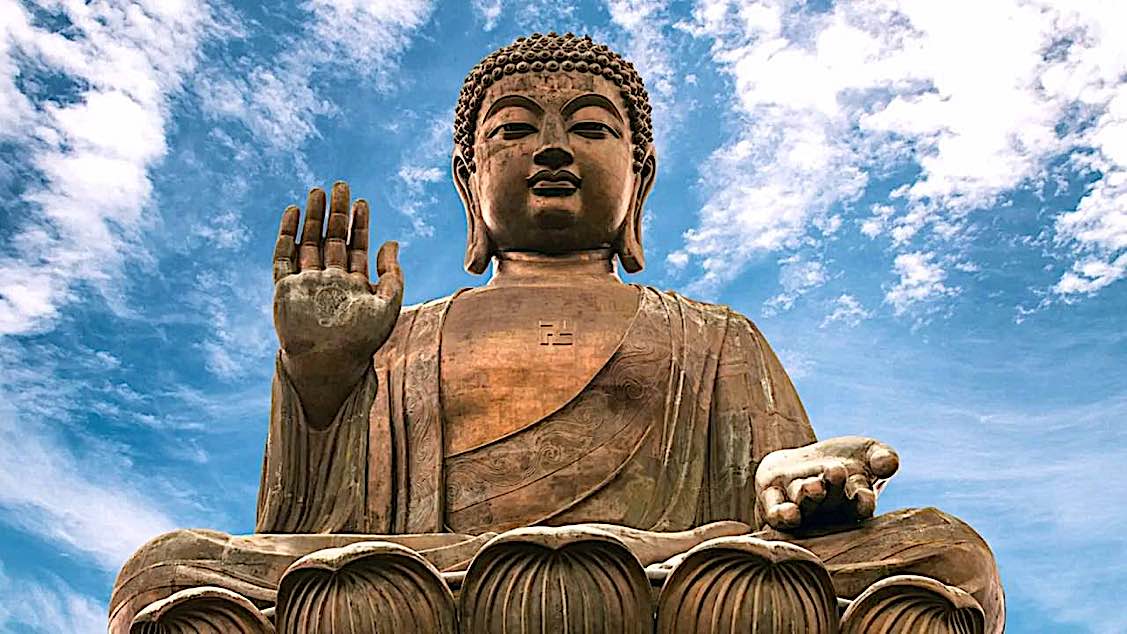A Letter To A Dying Man
Bassui wrote the following letter to one of his disciples who was about to die:
"The essence of your mind is not born, so it will never die. It is not an existence, which is perishable. It is not an emptiness, which is a mere void. It has neither color nor form. It enjoys no pleasures and suffers no pains.
“I know you are very ill. Like a good Zen student, you are facing that sickness squarely. You may not know exactly who is suffering, but question yourself: What is the essence of this mind? Think only of this. You will need no more. Covet nothing. Your end which is endless is as a snowflake dissolving in the pure air.”


I did not quite understand this letter (haven’t had my coffee yet) so I asked an AI to explain it to me. Here is its explanation:
Thanks for the thoughts - an interesting idea for interpreting koans although I’d be a careful not to let the AI “explain” zen - having said that the answer seems quite good, considering (Presumably they have trained the AI on the standard zen texts). I do find the wording that “his conscious essence continues” a little troubling. I don’t perceive immortality as the fundamental idea - more that we can seek the same peace in contemplating the time after our death (non-suffering) as we do with our existence (suffering) and that this transition is as natural and inevitable as the melting of a snowflake.